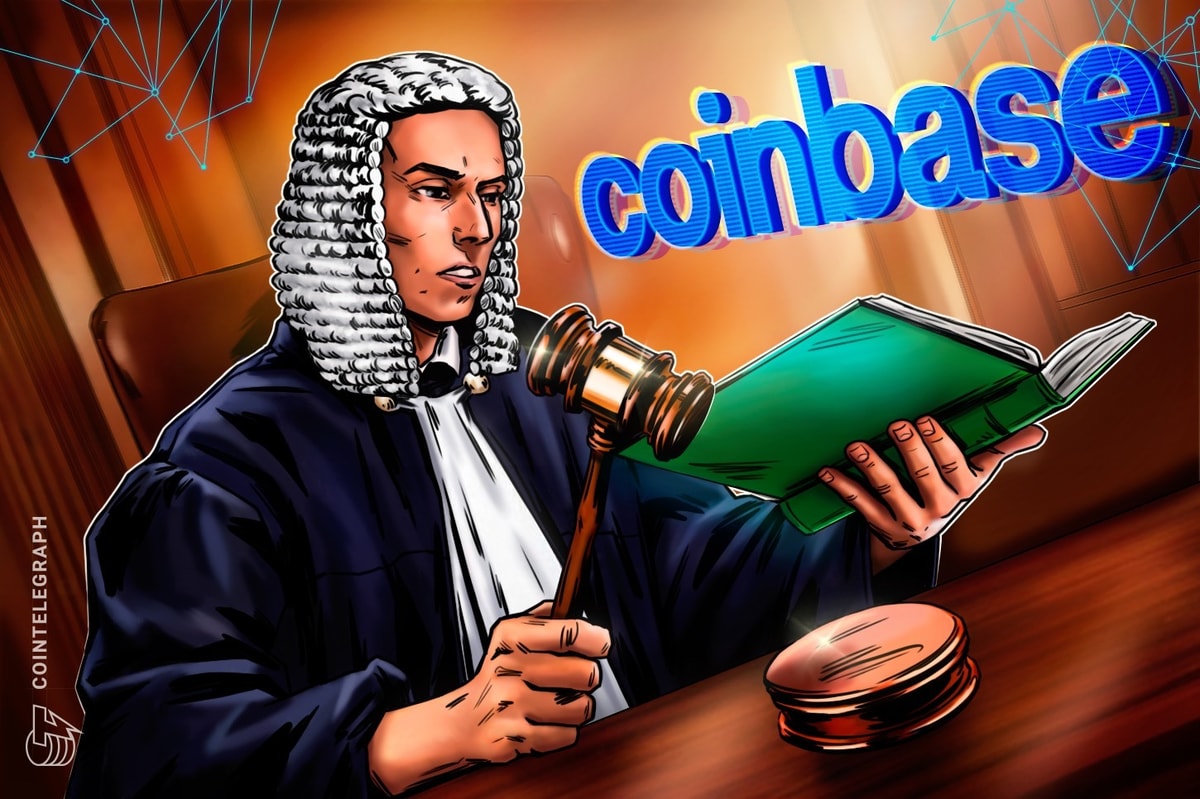Some of blockchain’s biggest venture firms have spearheaded a new investment fund dedicated to Web 3 gaming, also known as GameFi, potentially opening the door to a highly lucrative industry that sees cryptocurrency and blockchain merging with the traditional gaming sector.
On Friday, Solana Ventures, Lightspeed Venture Partners and derivatives exchange FTX announced the launch of a $100 million GameFi ecosystem fund. The funds will be used to invest in gaming studios, technology companies and other projects “at the intersection of blockchain and gaming,” the companies said.
Lightspeed Venture Partners executive Amy Wu described gaming as a massive opportunity to “bring the next billion users to Web 3,” a broad concept that refers to a more decentralized internet. Lightspeed has already invested over $300 million into late-stage gaming and cryptocurrency companies, including Epic Games, Wintermute, FTX and Offchain Labs.
Although estimates vary, the global gaming market is said to generate well over $100 billion in annual revenue — a figure that is expected to cross $200 billion in the next two years, according to gaming data provider Newzoo.
Blockchain technology and cryptocurrency are increasingly merging with the gaming landscape, creating new user experiences and forms of monetization. This intersection has given rise to GameFi, a broad term that describes the financialization of gaming through DeFi and nonfungible tokens.
Related: Former Activision, Disney and Lucas Films devs reveal NFT-powered video game
GameFi is also gaining traction as a concept within the so-called “metaverse,” which describes a futuristic version of the internet comprised of virtual reality, social media and business. Multiple investment funds have allocated capital to this emerging vertical, including Sanctor Capital, which recently raised $20 million, and Huobi Group, which launched a $10 million fund.
When asked about the long-term value proposition of the metaverse concept, Amy Wu told Cointelegraph that "the metaverse is a potential digital world where people build identity, reputation, make friends, play, and transact in." She further explained:
"If it becomes even a fraction as meaningful as our offline lives, it’s incredibly valuable. Hence why Web 2 companies like Meta and native Web 3companies alike are trying to build this. People spend hours a day in games like Fornite and Roblox, so I believe the metaverse will be born out of a social game."











